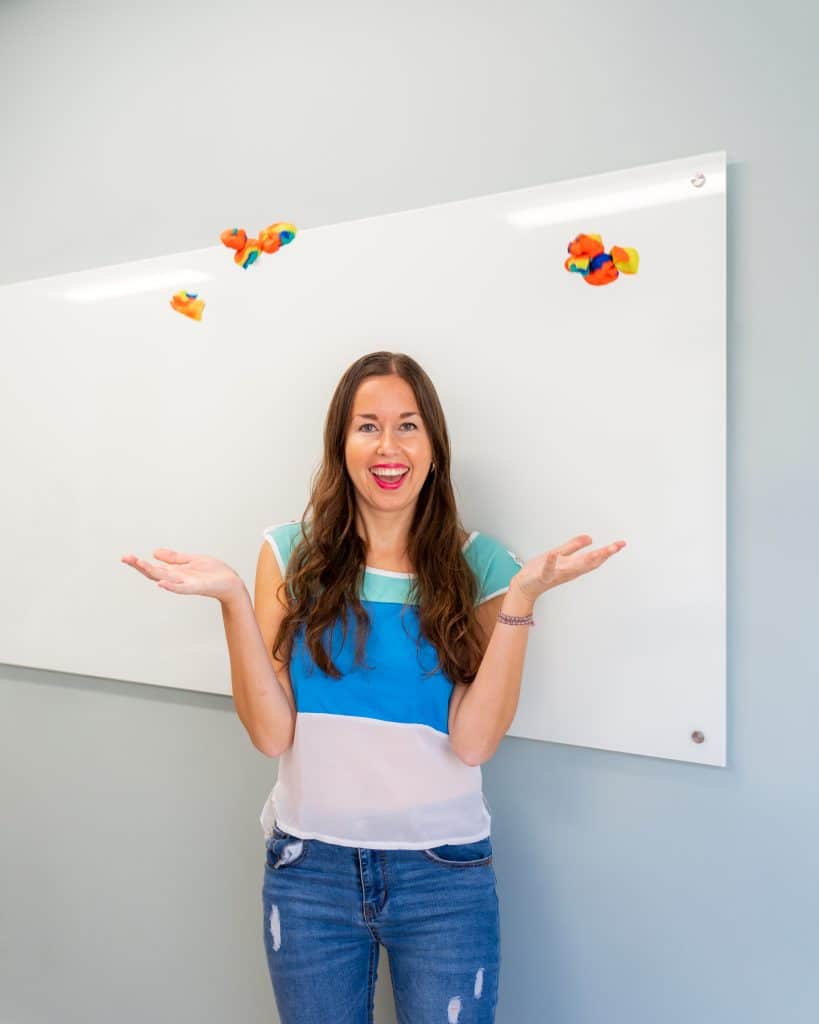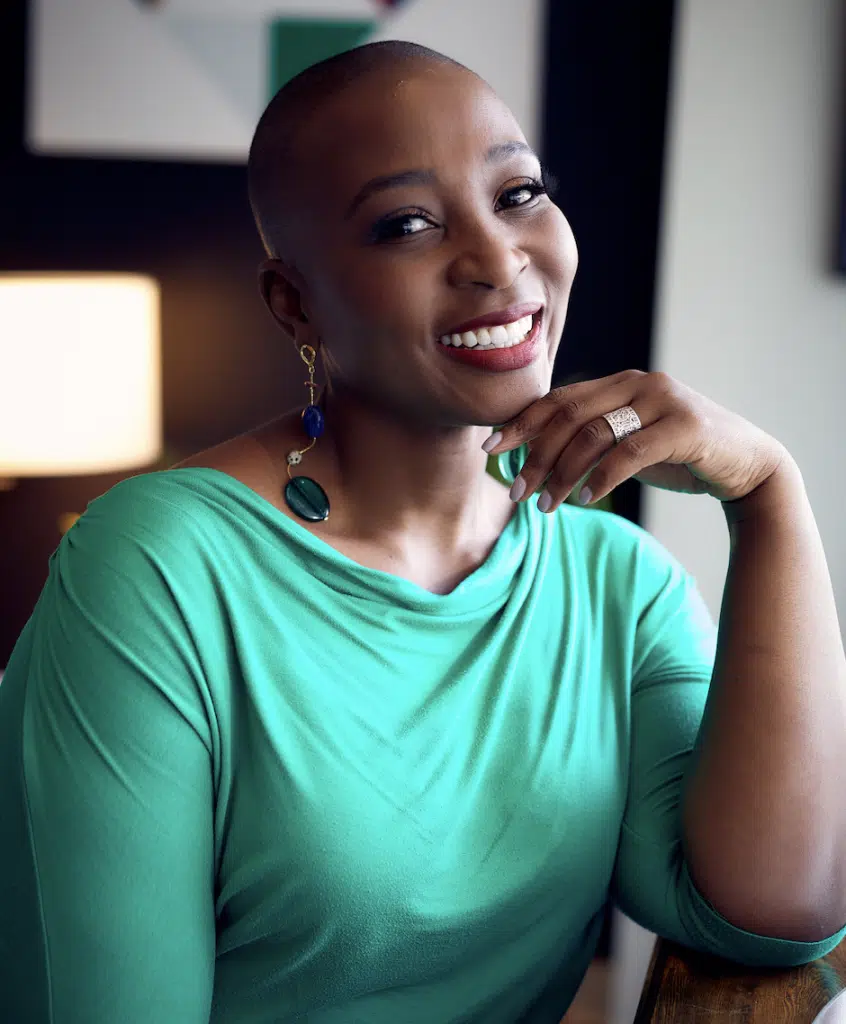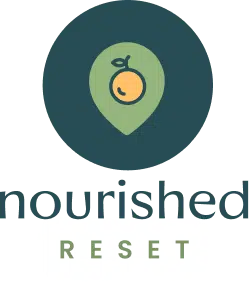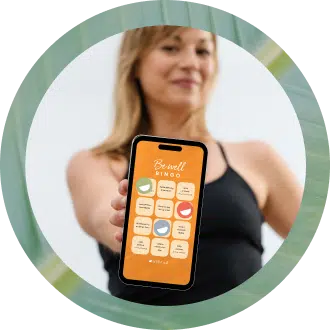So many of us are on the happiness treadmill. We believe we’ll be happy once we achieve our next goal since the traditional way of thinking about happiness is wrapped up in our accomplishments. This means we don’t make room for happiness while we’re on the journey of life or we get caught up in the day to day whirlwind of feelings and emotions.
Stephanie Harrison from The New Happy has made it her life’s work to study the science of happiness and has created a new science backed philosophy of happiness. Today she’ll share the difference between the emotion of happiness and creating a truly happy life, how caregivers can achieve happiness for themselves, and how she redefined happiness.
You will want to hear this episode if you are interested in…
- How Stephanie got started [2:32]
- How Stephanie has redefined happy [6:16]
- The difference between the emotion of happiness and a happy life [13:40]
- How caregivers can be happy [16:00]
- How to pursue your own happiness as a caregiver [25:30]
- How she expresses her new happy [30:50]
- The rapid fire questions [41:45]
Like many of us, Stephanie Harrison grew up feeling that happiness was just beyond her reach. She was surprised to find that often after achieving a once coveted goal the spark of happiness was fleeting. That’s why she decided to study the science of happiness in college. Her goal was to explore why happiness is so elusive and understand the impact of culture on happiness.
Happiness Includes a Broad Range of Emotions
Stephanie learned that we will always feel a wide range of emotions. Experiencing difficult emotions is a part of life. The good comes with the bad. A happy person not only experiences these emotions but acknowledges them as well. The important thing is to shift the way you treat these emotions.
What Stephanie discovered is that we don’t have to feel happy all the time to be happy. There is a difference between the emotion of happiness and leading a happy life. True, lasting happiness comes with a variety of feelings and emotions.
The New Happy
She created a new definition of happiness. The old version of happiness was impossible to achieve since there is no way to be happy all the time. The New Happy allows for a wide range of feelings and emotions and is not only achievable, it’s empowering.
True happiness comes when you use your gifts to serve the world. Helping others makes for a happy life. This doesn’t mean that one must take on a service oriented career; what it means is that every moment is an opportunity for happiness. You can help others in many ways. Kindness is who you are, not what you do. This means acting with kindness and compassion.
Discover Stephanie’s Creative Ways to Share the Latest Happiness Data
Stephanie has discovered a creative way to share her knowledge and experience. She is a fantastic follow on Instagram with her creative representation of data. She has found beautiful ways to represent the science behind happiness studies. She translates actionable takeaways into a simple visual design. Check out her website and sign up for her weekly newsletter which contains tips, tools, and research on the latest happiness studies.
We all know someone who needs to find happiness in their life. Please take a moment and share this episode with them.
Resources & People Mentioned
- BOOK – Daily Rituals by Mason Currey
- Adaptogens
Follow Lindywell
Join Lindywell
Subscribe to The Balanced Life








2 thoughts on “Redefining Happiness with Stephanie Harrison”
Hello — Thanks for the observations about happiness and caregiving. In a professional life, navigating work and caregiving can leave a caregiver at the whim or judgement of local resources. I was wondering if any legal support resources exist for caregivers regarding privacy and other situations where their families maybe exploited or mistreated while navigating a family member’s specific needs and care, and possible regaining professional strides when care no longer is needed? My apologies for straying from the intent of the podcast about happiness here.
We’re glad that in exploring happiness for yourself that this has led you to consider these great questions. I’m sure that there are wonderful federal and local resources with non-profits and Legal Services organizations available to you depending on your location. We hope that you find the answers and support that you need!